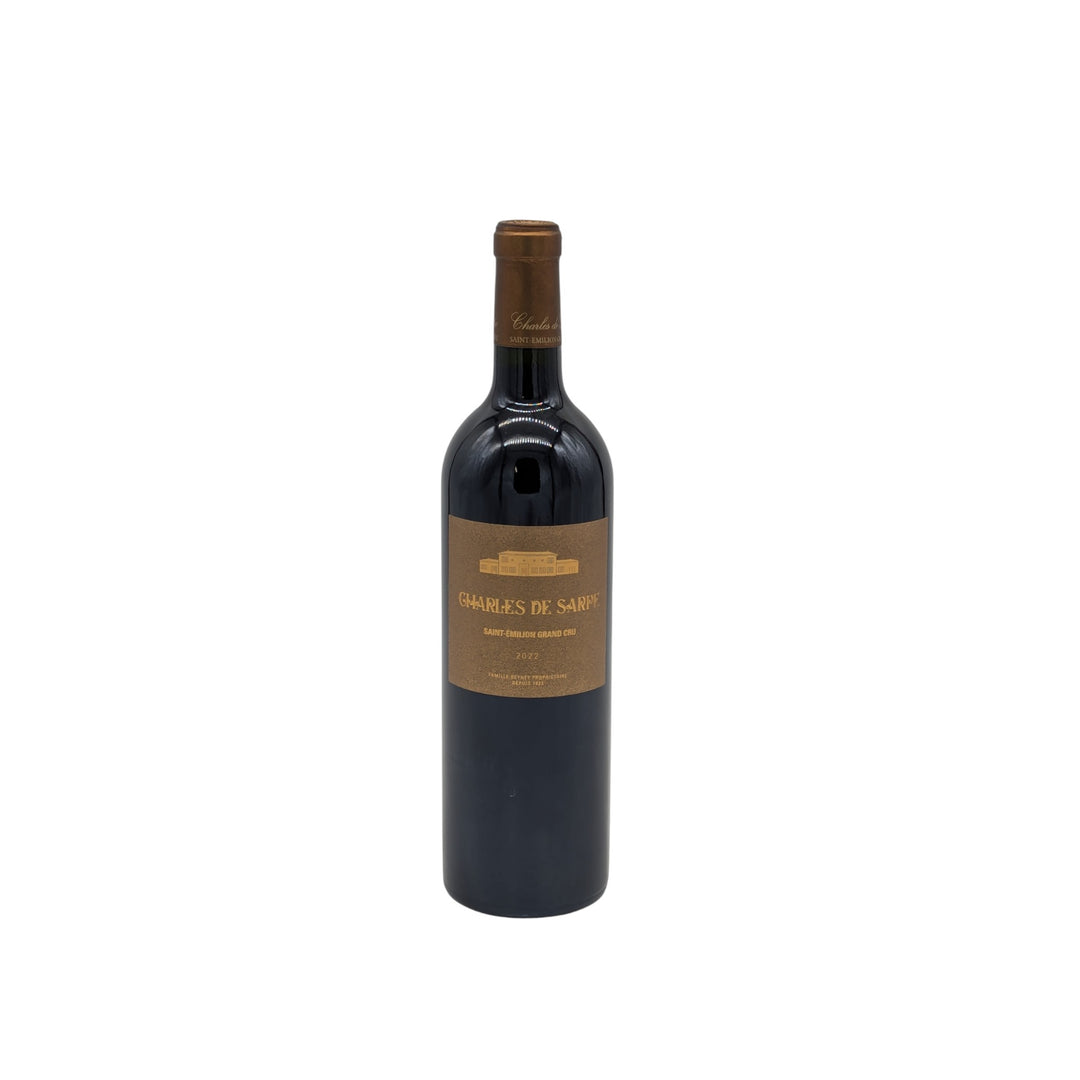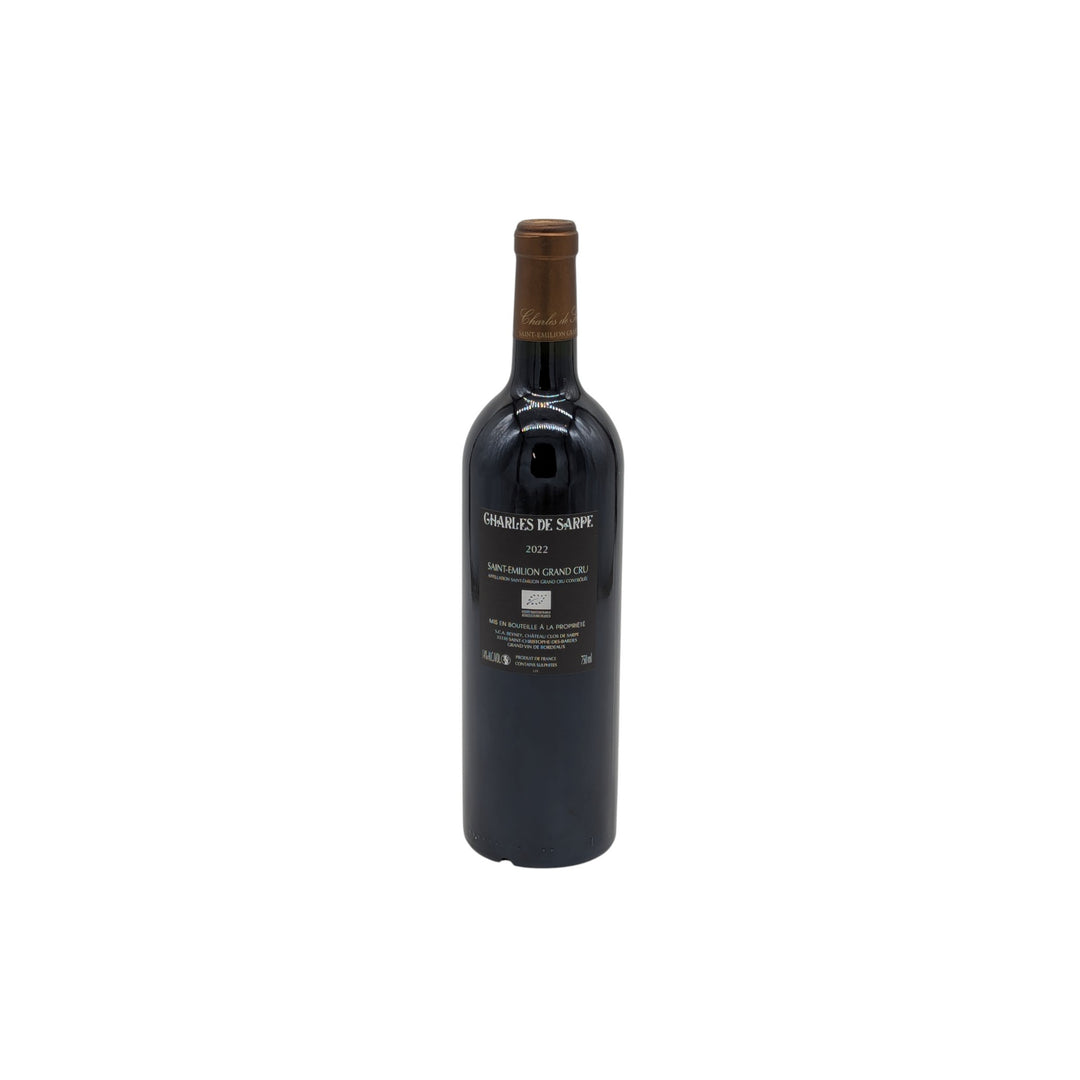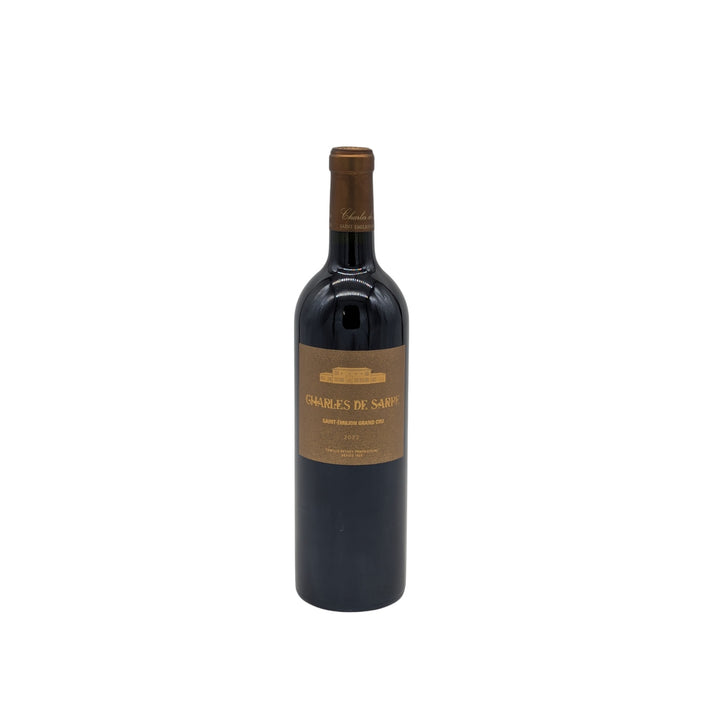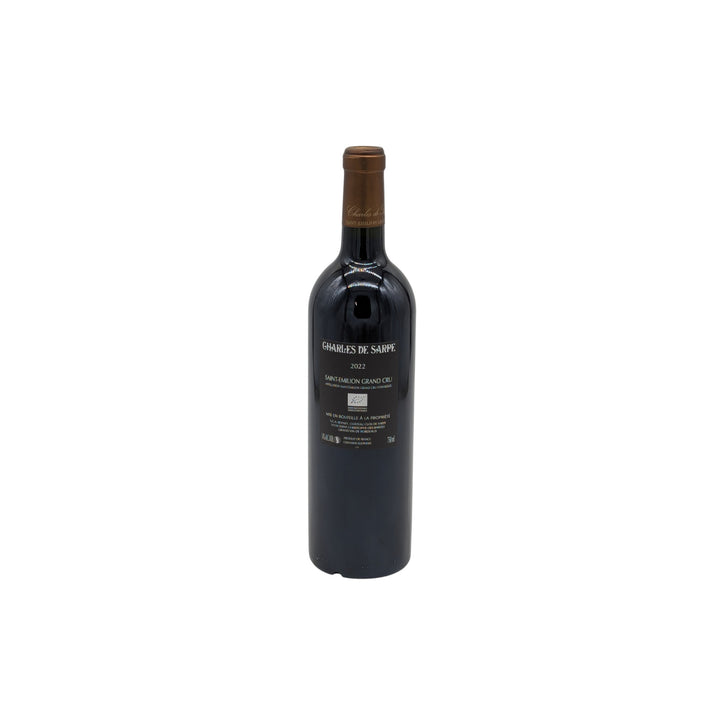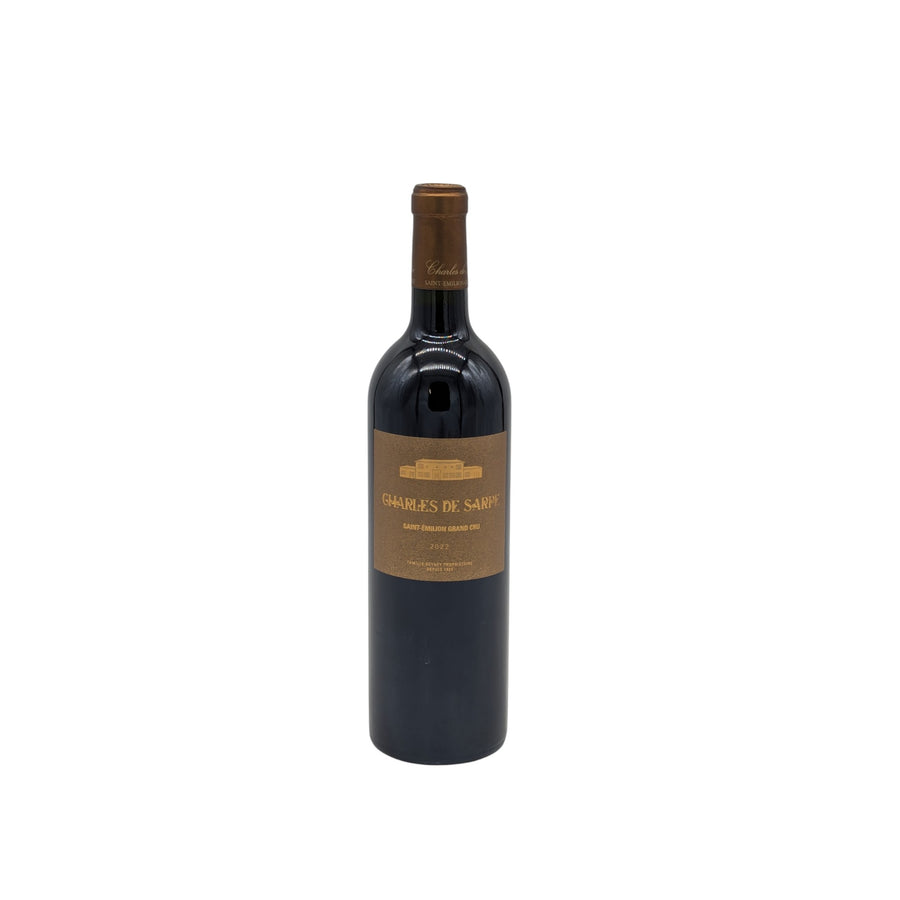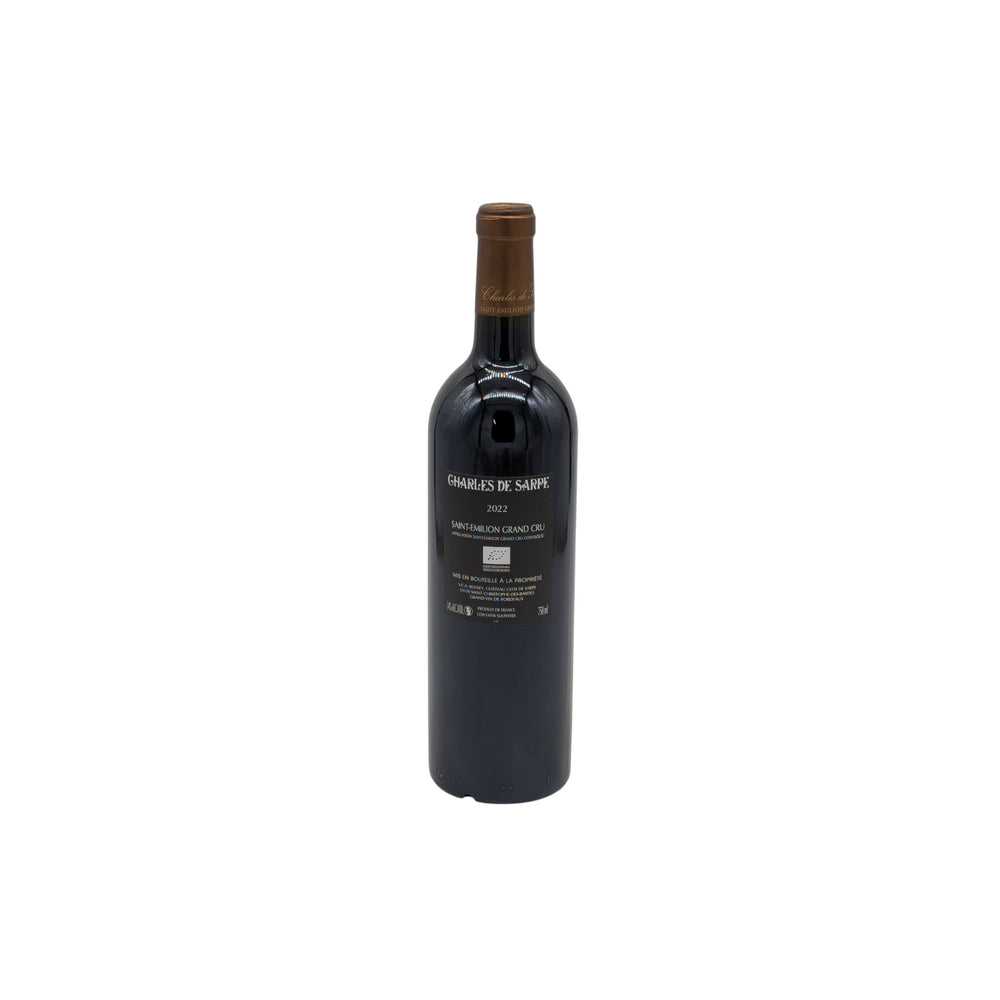2022 is not as extremely sharp as the blockbuster year 2019 and not quite as delicately nuanced as 2020. Winemakers with long experience speak rather of a distinctly more perfect reincarnation of the vintages 1982, 1961, and 1949.
This was the driest summer in France since records began and overall the hottest year since 1947. Not as extremely and suddenly hot as 2003, rather harmoniously evenly warm and very dry.
After heavy rain fell in November and December 2021, the following months remained dry and warm. The vines could thus slowly get used to the drought with even flowering. The terroirs with the best water retention properties and the very deep-rooted old vines could relatively easily use the winter and spring water reservoir after early and sunny flowering through the dry summer.
Rain only returned in June and then in the second half of August with 30 to 50mm. Afterwards, it remained sunny and dry with a long "Indian Summer" well into October and even November. Everyone could wait for the perfect harvest time, especially since there was no sugar-alcohol pressure thanks to summer stagnations.
Those with old vines and perfect terroirs, then still affected by the annually increasing April frost and the all-too-frequent hail of early summer, Those spared could especially, as organic winemakers, rejoice over the complete absence of rot and fungal diseases. No one had to spray anything at all.
For organic winemakers with old vines and superb terroir, 2022 was thus a perfect year like never before. Especially since over the past 10 extreme years, they have become accustomed to better-adapted canopy and soil management.
Saint Emilion's and Castillon's limestone cliffs, Pomerol's and Fronsac's clay soils, and the thick gravel lenses of Médoc, with very old vines, had hardly any worries except for a slight decrease in yields.

